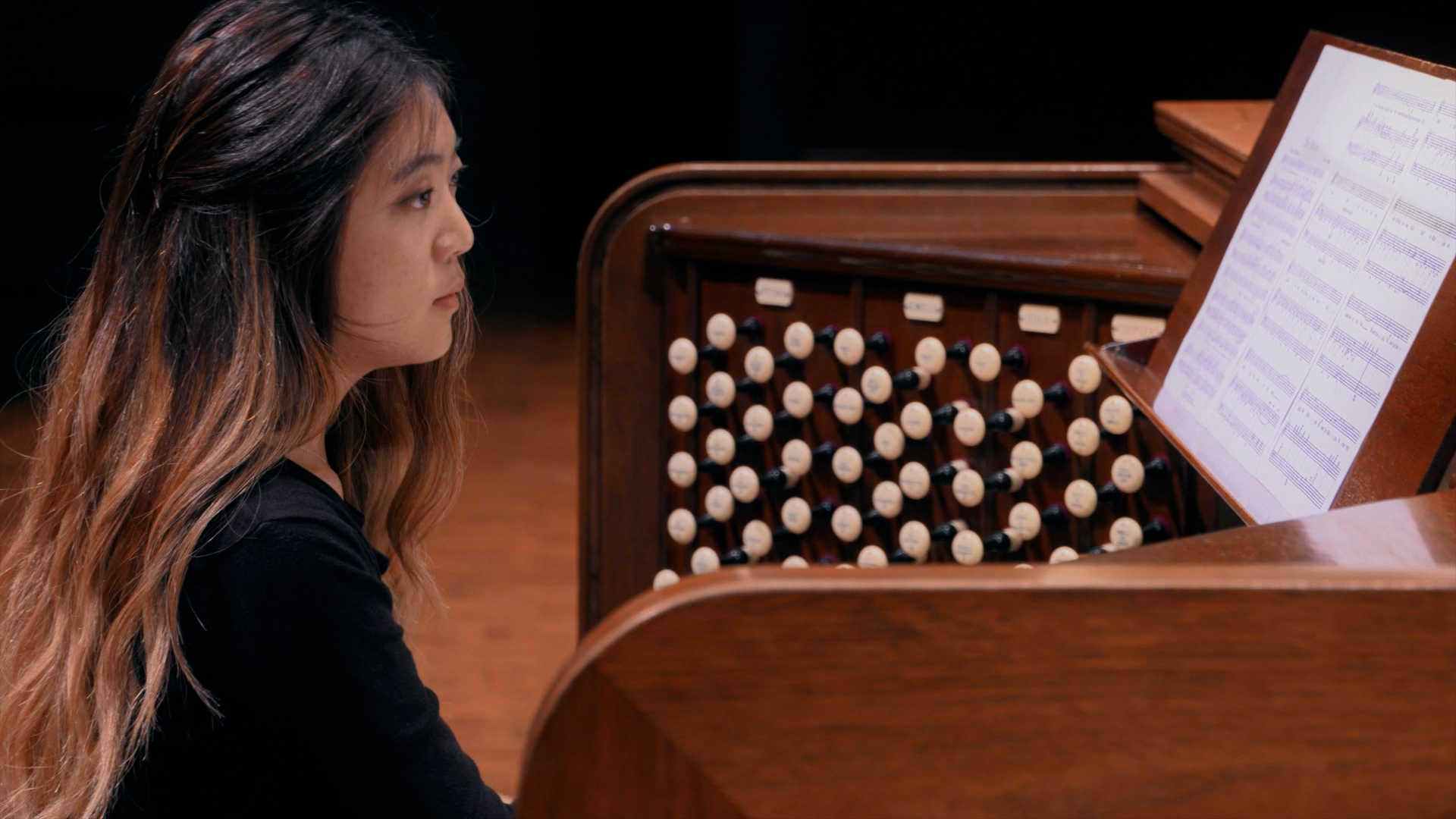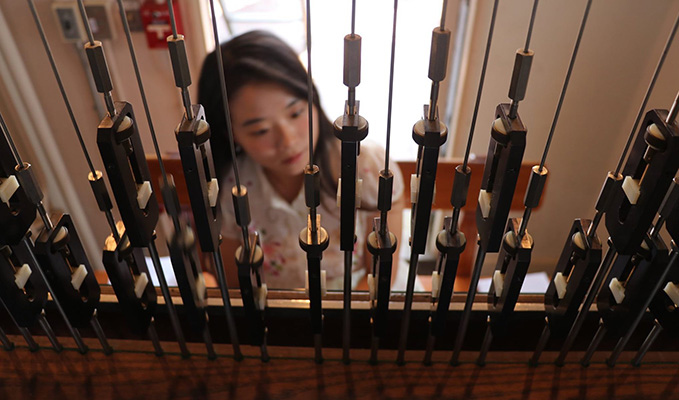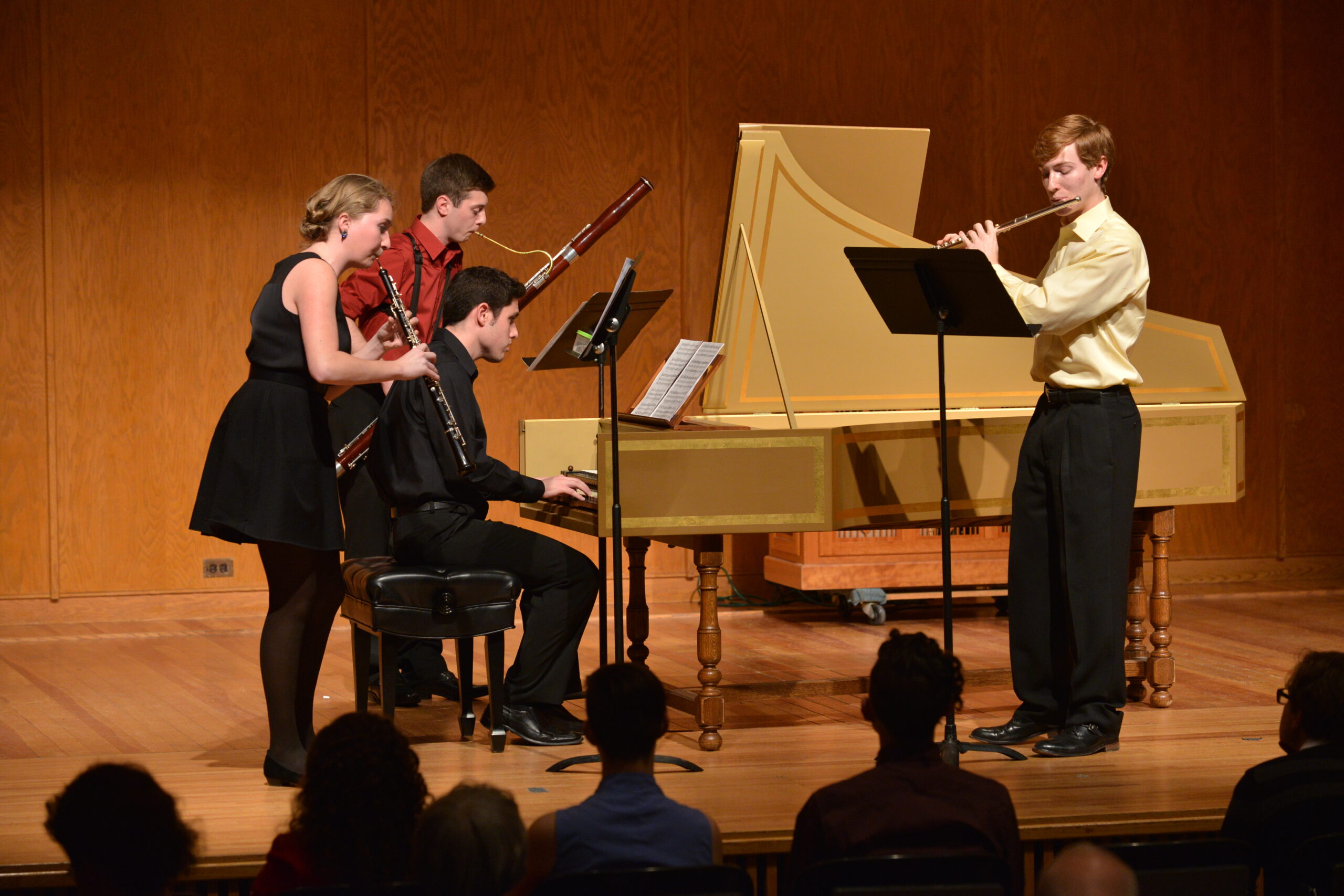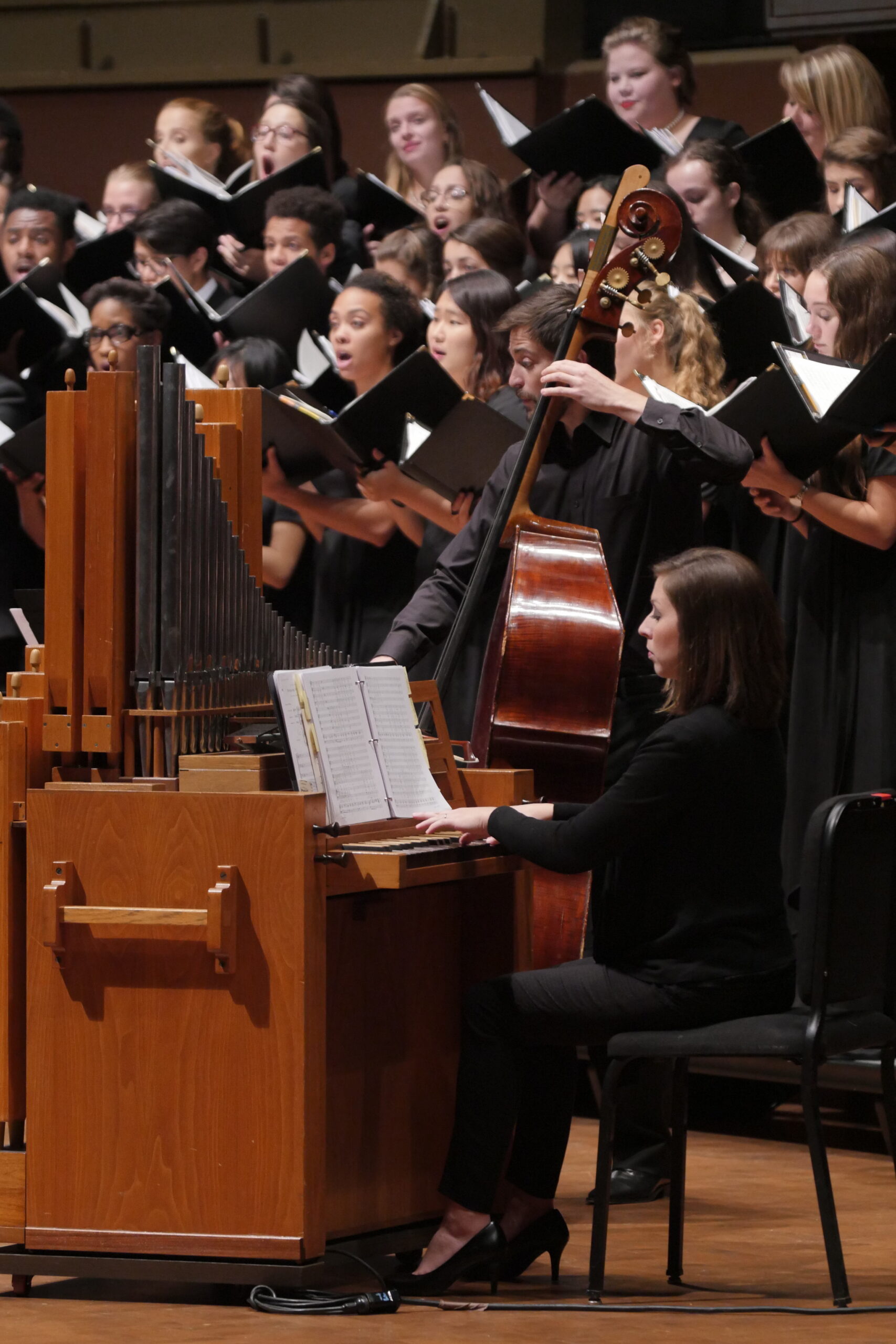Bachelor of Science in Sound Engineering
The Bachelor of Science in Sound Engineering prepares students for engineering careers in the music technology industry—designing, developing, and testing audio hardware and software—as well as careers in acoustical engineering, sound recording, and studio production. Applicants should have a high level of proficiency on an acoustic instrument; experience with music recording and production technologies; and demonstrated aptitude and strong achievement in mathematics, physics, and computer programming.
Curriculum
The Bachelor of Science in Sound Engineering requires a minimum of 120 credits, including 12 in math, 10 in physics, and 20 in engineering. The engineering courses required for the degree fulfill a Minor in Electrical Engineering through the College of Engineering.
SMTD coursework to include:
- Computer Music Composition and Arranging
- Sound Recording and Production
- Electronic Music History and Theory Creative Coding
- SMTD Music Theory and Musicology Core
- Advanced Studio Production I and II
- Technical Ear Training and Critical Listening Sound Reinforcement
Additional coursework:
- Three Semesters of Calculus / Differential Equations Physics
- Engineering Courses in Digital Signal Processing, Circuits, and Computer Programming
Silent Advisor
Degree requirements and term-by-term layout for current students.
Faculty
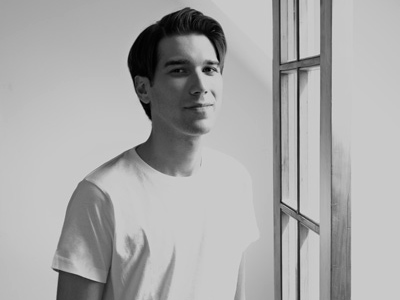
Anıl Çamcı
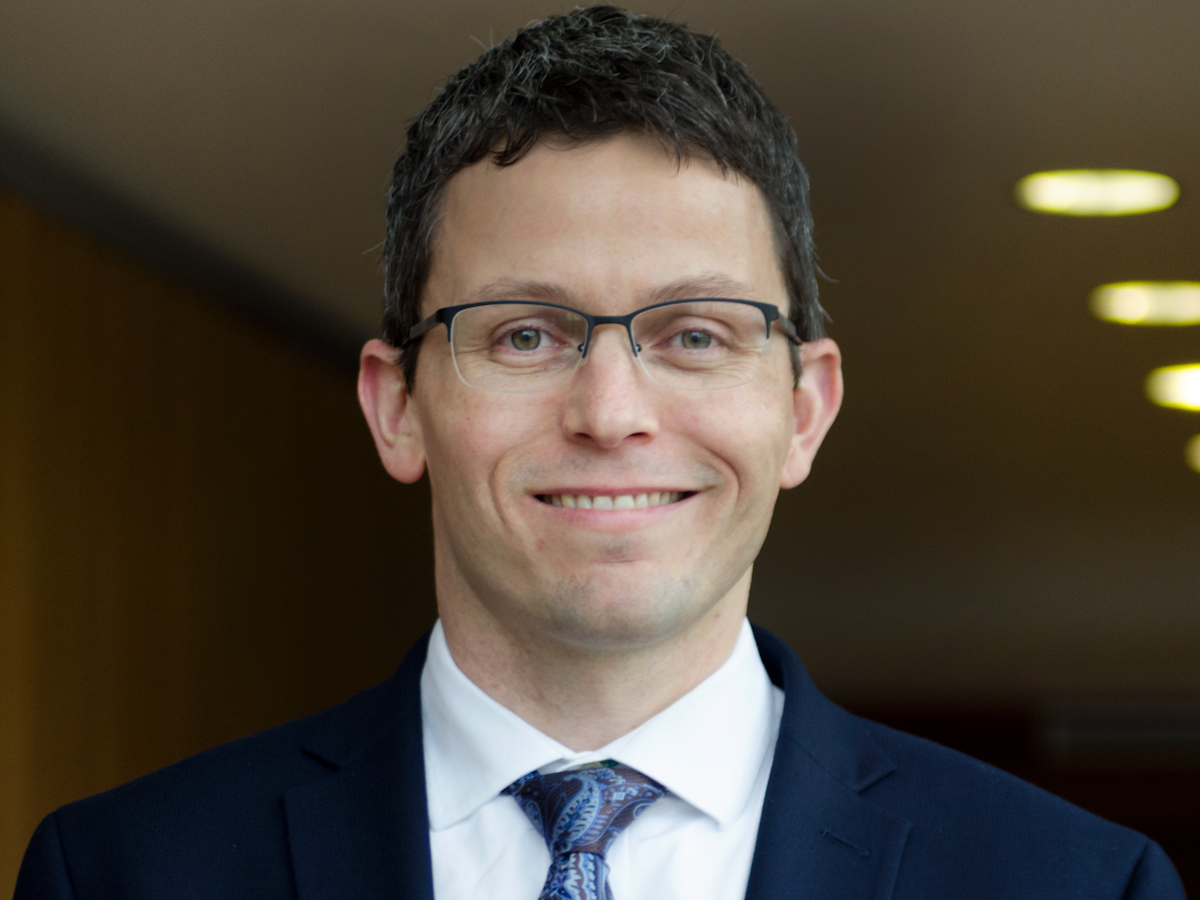
Jason Corey
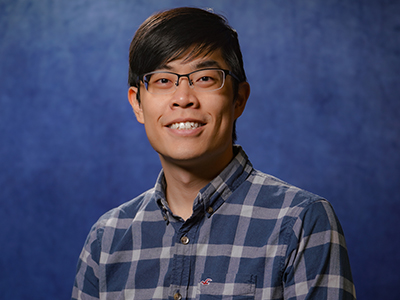
Hao-Wen (Herman) Dong
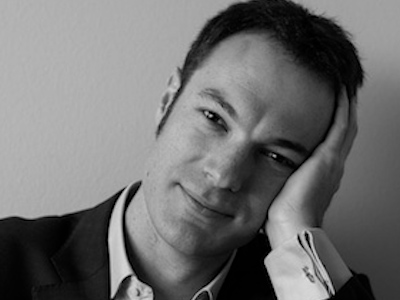
Paul Dooley
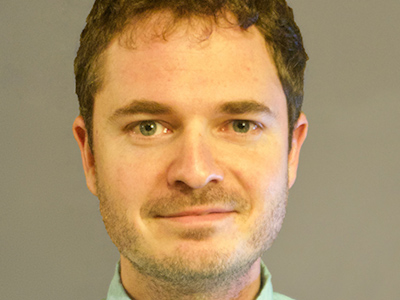
Jeremy Edwards
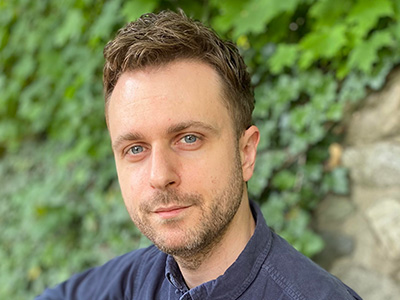
Jonathan Edwards
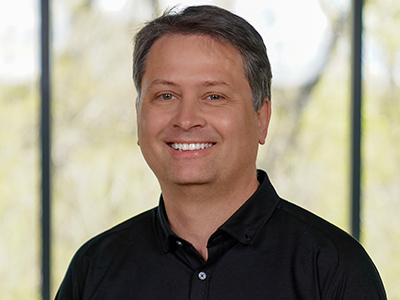
John Granzow
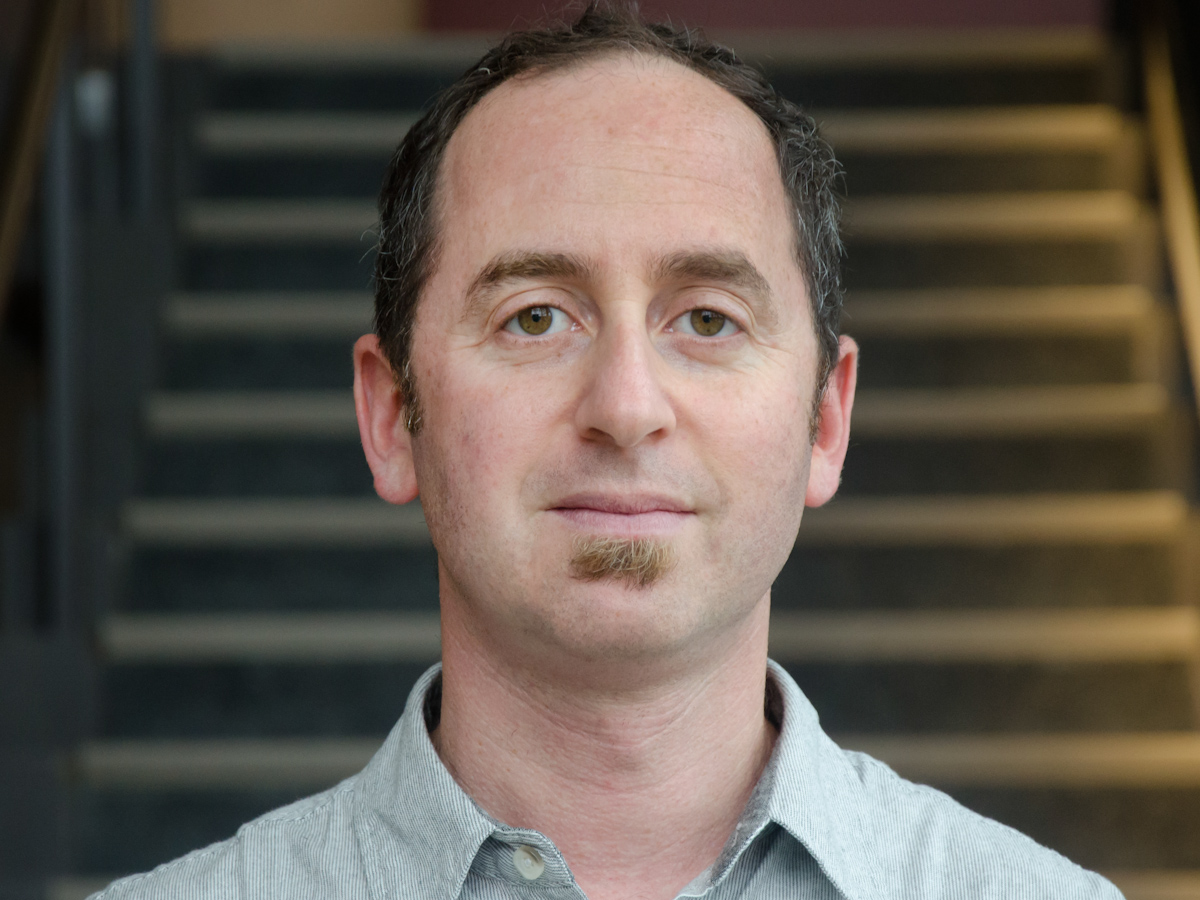
Michael Gurevich
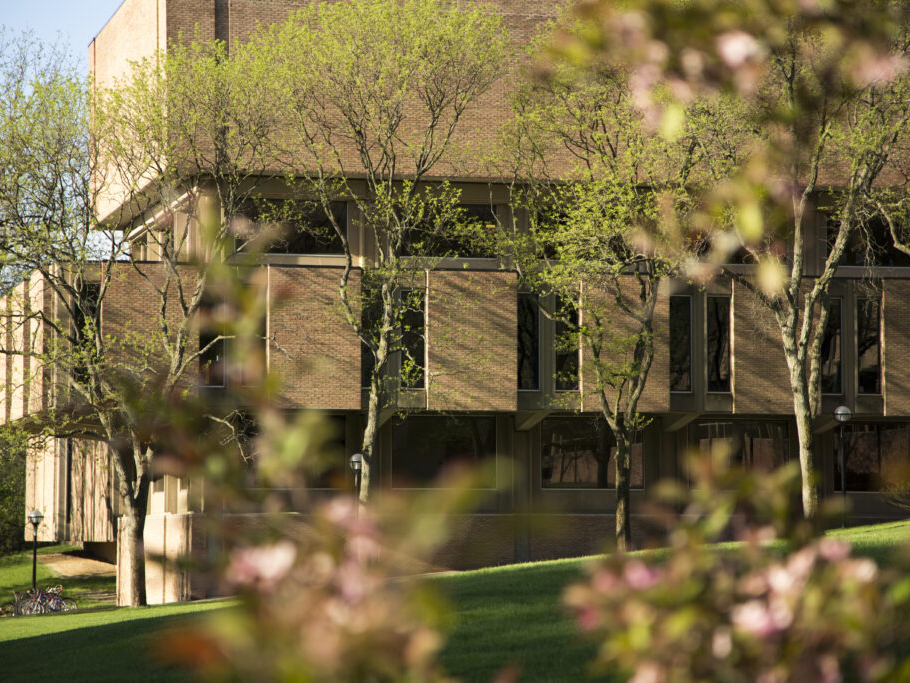
Sile O’Modhrain

Zeynep Özcan
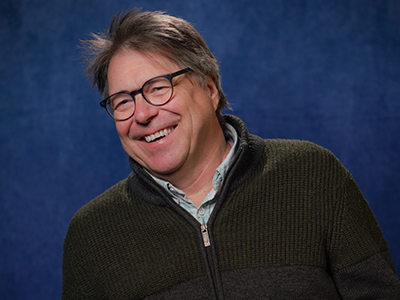
Stephen Rush
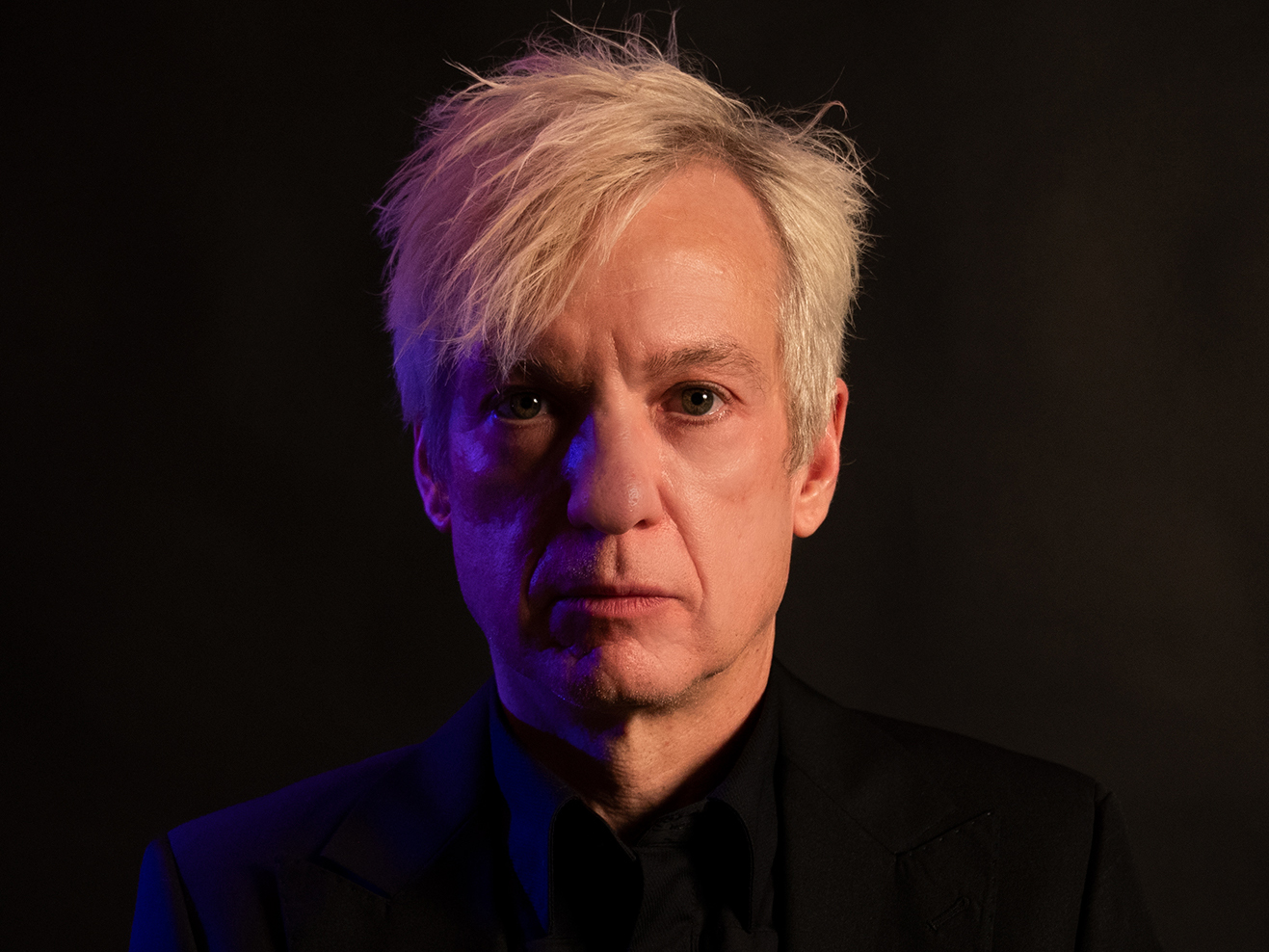
Chris Vrenna
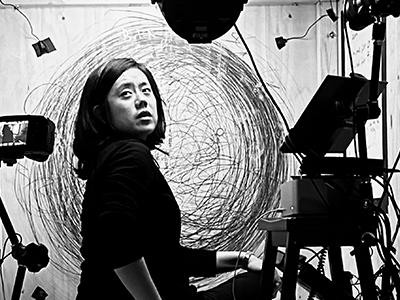
Julie Zhu
Performance Opportunities
From large ensembles in celebrated concert halls to chamber groups in intimate recital spaces, performance opportunities across all disciplines abound, with nearly 900 student performances each academic year. Whether your focus is on early, classical, or contemporary music, whether your passion is for jazz, electronic, or world music, there is an ensemble—or in many cases, multiple ensembles—to suit your interests, including specific opportunities for percussion, piano, and organ & carillon. For students in theatre & drama, musical theatre, dance, and opera, opportunities abound in both professionally produced and student-run presentations.

